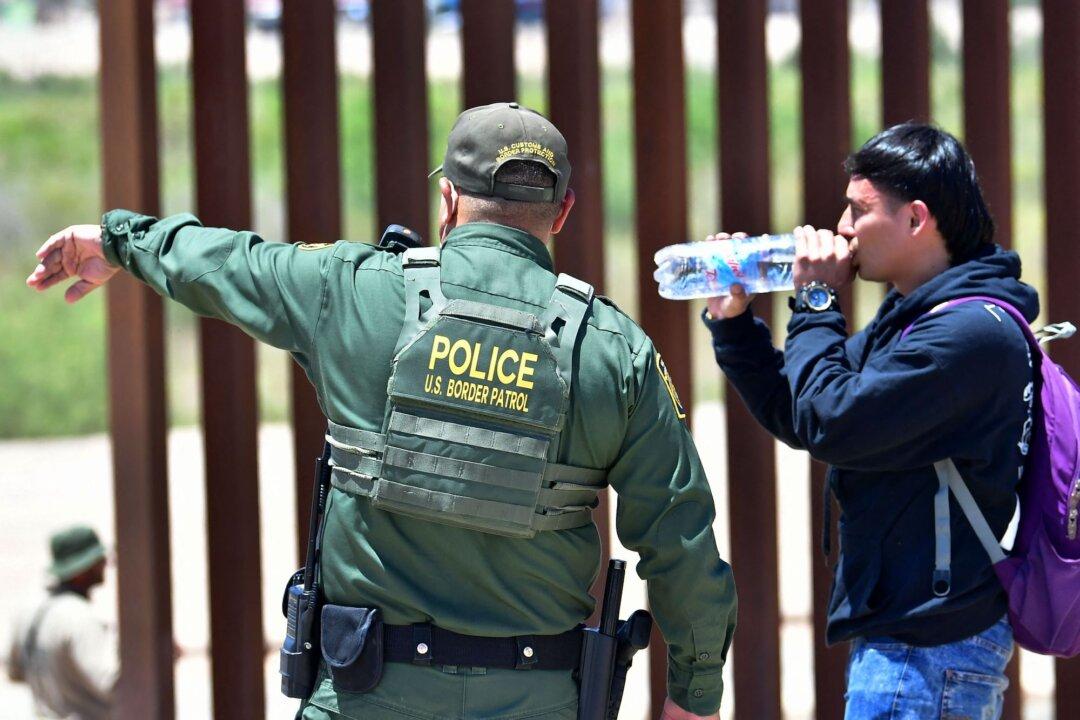The U.S. Supreme Court has cast a skeptical eye on a First Amendment challenge against a federal ban on encouraging illegal immigration, with justices saying the law is too rarely invoked to actually chill free speech.
The law in question, known as Section 1324 of the U.S. Code, makes it a crime punishable by up to 10 years in prison to “encourage or induce” foreign nationals to illegally enter or remain in the United States for private financial gain.





